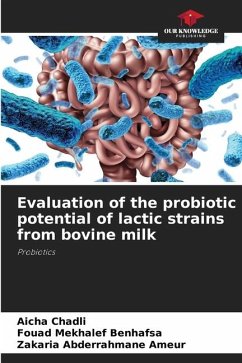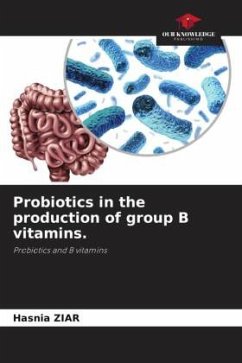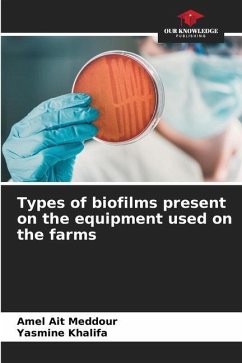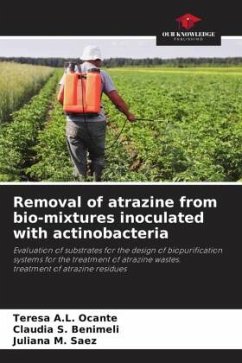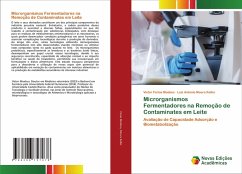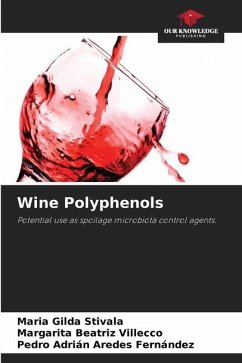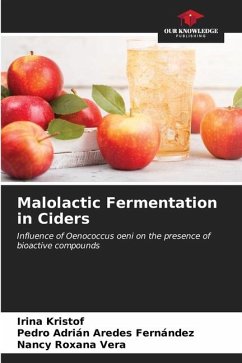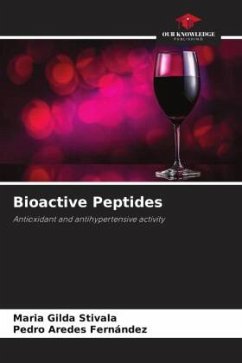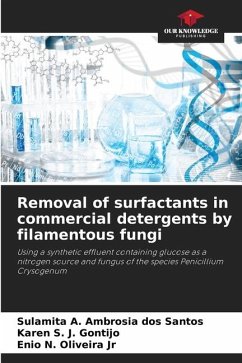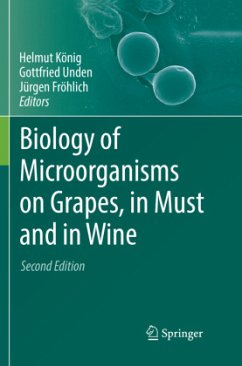
Fermenting Microorganisms in the Removal of Contaminates in Milk
Evaluation of Adsorption Capacity and Biometabolization
Versandkostenfrei!
Versandfertig in 6-10 Tagen
45,99 €
inkl. MwSt.

PAYBACK Punkte
23 °P sammeln!
Milk and its derivatives are one of the main components of the national livestock industry. However, the production chain for these products is susceptible to a number of flaws, especially with regard to contamination by unwanted substances, especially antimicrobial drug residues and mycotoxins, which can trigger pathogenic conditions in humans and cause technological complications during the production of dairy products. Over the years, various technologies using fermenting microorganisms have been developed with the aim of minimizing or eliminating these compounds in both livestock and milk....
Milk and its derivatives are one of the main components of the national livestock industry. However, the production chain for these products is susceptible to a number of flaws, especially with regard to contamination by unwanted substances, especially antimicrobial drug residues and mycotoxins, which can trigger pathogenic conditions in humans and cause technological complications during the production of dairy products. Over the years, various technologies using fermenting microorganisms have been developed with the aim of minimizing or eliminating these compounds in both livestock and milk. Probiotic microorganisms, specifically yeasts and lactic acid bacteria, play a crucial role in these technologies due to their recognized safety, remarkable adsorption capacity and beneficial impact on the health of the host, allowing them to be incorporated into food formulations and diets. This study opens up perspectives for the discovery and use of new strains with potential applicability in the removal of contaminants from food matrices and in the production of secondary metabolites of industrial interest.





